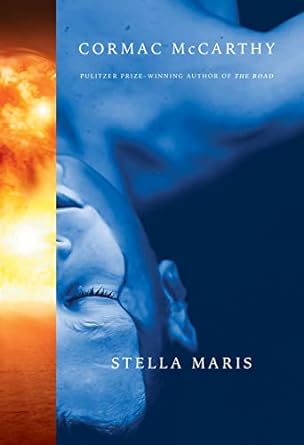d10c4n3 reviewed Stella Maris by Cormac McCarthy (Supercoralli)
Ci vorrebbero più stelle.
5 stars
I superlativi per questo libro si sprecherebbero. Allora diciamo che nella classifica dei migliori libri di narrativa che abbia letto pubblicati in questo millennio, Stella Maris finirebbe senza dubbio tra i primi tre e che al momento non mi vengono in mente gli altri due. E che la parola di Cormac McCarthy, non c'è spazio per nessun dubbio, è la parola di un genio.
I superlativi per questo libro si sprecherebbero. Allora diciamo che nella classifica dei migliori libri di narrativa che abbia letto pubblicati in questo millennio, Stella Maris finirebbe senza dubbio tra i primi tre e che al momento non mi vengono in mente gli altri due. E che la parola di Cormac McCarthy, non c'è spazio per nessun dubbio, è la parola di un genio.


